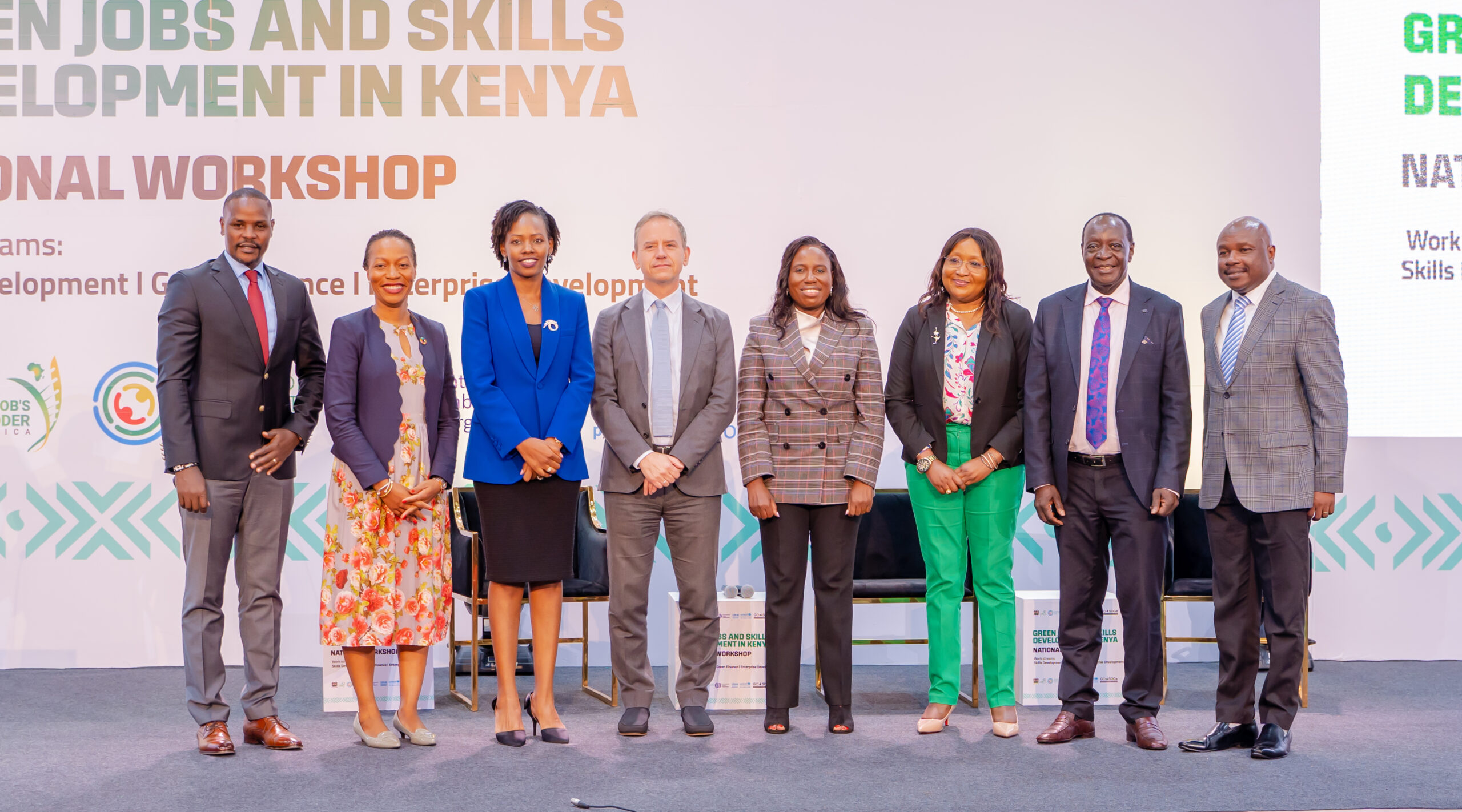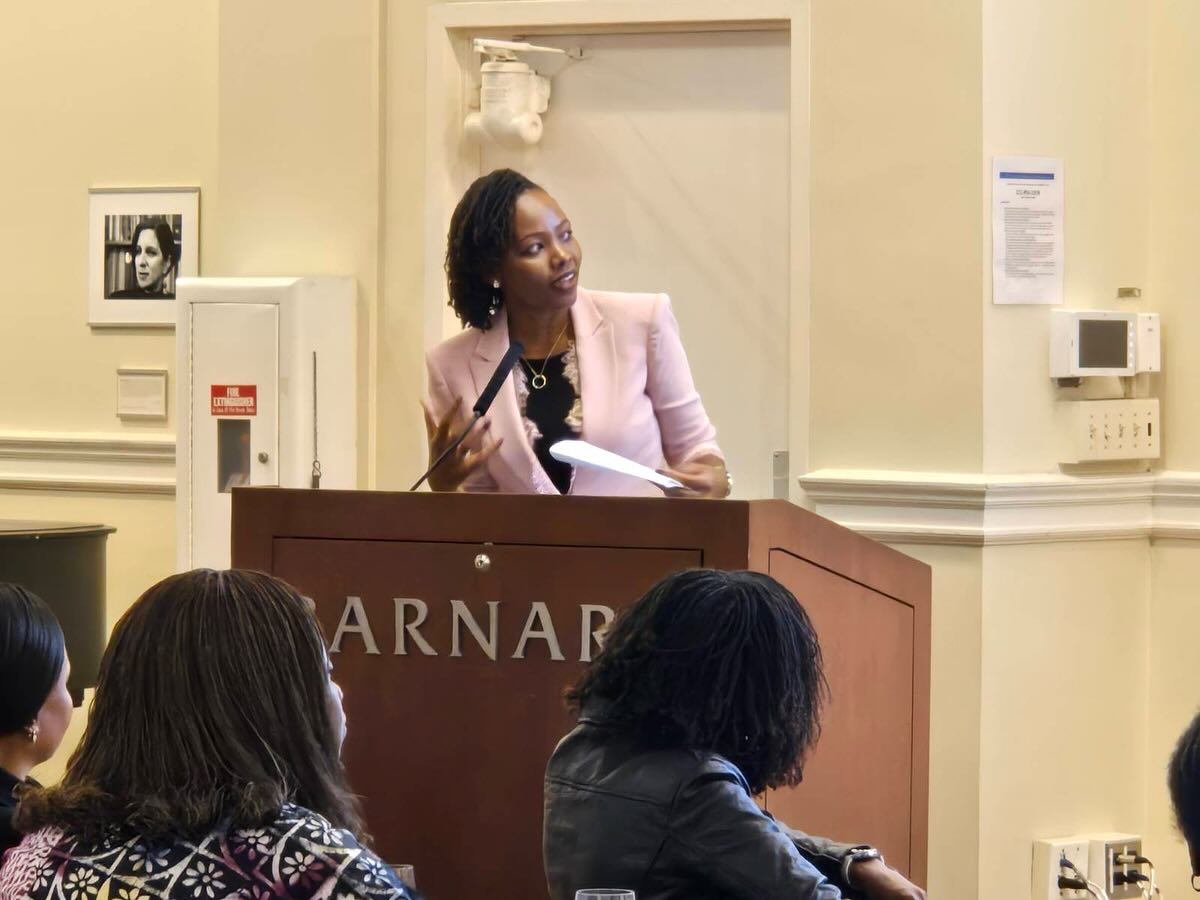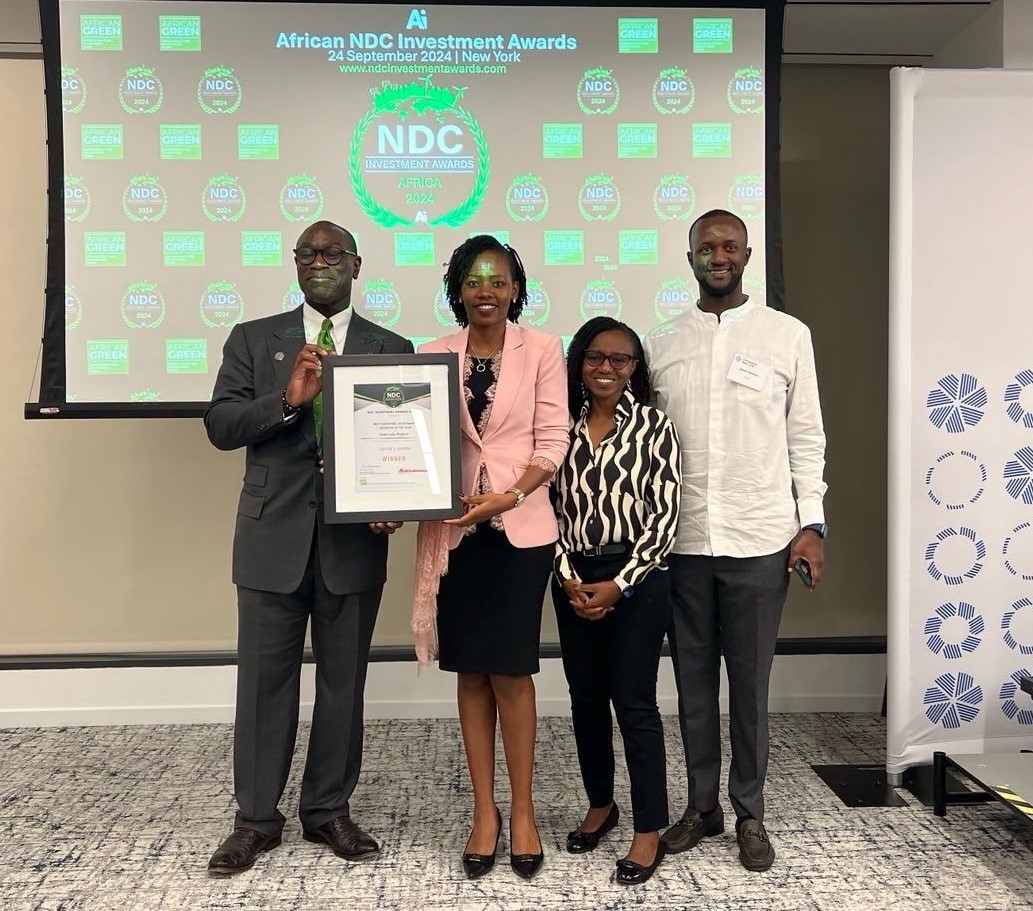In keeping with Kenya’s reputation as a land of firsts, Jacob’s Ladder Africa, as the Lead Implementing Partner, alongside the Green Jobs for Youth Pact and the Government of Kenya, hosted the Inaugural National Green Jobs and Skills Development Workshop on May 3rd, 2024 at the Kenyatta International Convention Centre (KICC). The event was a great success; convening over 1100 in-person delegates and over 1000 virtual guests. What’s more, at the end of the workshop, declarations and commitments on the way forward in Green Finance, Green Skills Development and Enterprise Development were presented to government officials and development partners, pointing to strategies for stakeholder-led implementation post workshop.
The road to green jobs and skills development is a long one, but begins with collaborative efforts
In a country where 75% of the youth between 18 and 35 years of age are unemployed (KNBS, 2019), along with the increasingly devastating impact of climate change, it would not be surprising that several policies and initiatives have already been initiated to address green jobs creation and skills development.
Dr. Beatrice Inyangala, Principal Secretary, State Department for Higher Education who represented the Ministry of Education Cabinet Secretary Hon. Ezekiel Machogu, EGH at the workshop, said: “Kenya’s huge youth unemployment problem has long been recognised and documented. Skills gaps and shortages have emerged as continuum contributors in preventing young people from finding employment. The advancement of the impacts of climate change and Kenya’s decision to take on a low-carbon development pathway reveals the importance of skills development and green job creation and sets the tone for a different form of collaborative efforts.”
Bridging the gap between policy development and implementation
“While there have been several prior efforts in green job creation and skills development by various climate actors, ranging from policymakers to the private sector, academia and youth-led organisations, what has been missing is a clear understanding and coordination of existing policies and efforts. This harmonisation is critical for policy formulation on green job creation and skills development in Kenya,” Sellah Bogonko, CEO and Co-Founder, Jacob’s Ladder Africa.
The workshop was the first convening of its kind around green job creation and skilling and a key result is the development of a legislative framework to action the creation of green jobs, a process which JLA has been mandated to spearhead alongside key partners.
Developing skills for a future green workforce
Jacob’s Ladder Africa is also driving the second outcome of the workshop, namely, the development of a Green Skills Development Hub to create a structured framework for green skilling, outline roles for educational institutions and facilitate the involvement of the private sector in harnessing green talent and among other objectives. The Ministry of Education is focused on greening the education curricula to help the youth take advantage of upcoming job opportunities in the green economy.
According to Hon. Shadrack Mwadime, Principal Secretary, State Department for Labour and Social Protection, the transition to a green workforce requires that concerted efforts are put in place to prepare the youth at present so that they can seize the opportunities to come.
Eng. Festus Ng’eno, Principal Secretary, State Department for Environment, Climate Change and Forestry, acknowledged the role of the National Green Jobs and Skills Development Workshop in putting the building blocks to ensure the youth have the requisite skills to take advantage of emerging opportunities.
The need for standardised access to green finance
The Green Finance workstream at the workshop found that the establishment, communication and training of financial intermediaries on standardised green financing models will increase entrepreneur access to financing through climate-sensitive credit evaluation and risk assessment. In addition, developing a centralised green finance pipeline tailored to the specific stage of enterprises will enhance life cycles for greater inclusivity and support for green initiatives.
The National Green Jobs and Skills Development Workshop was not an end in itself but the start of a collaborative process to implement mechanisms to track green job creation and skills development in Kenya.
To learn more about the workshop, click the video link here to explore the outcomes of the three workstreams: Skills Development, Enterprise Development and Green Finance.






